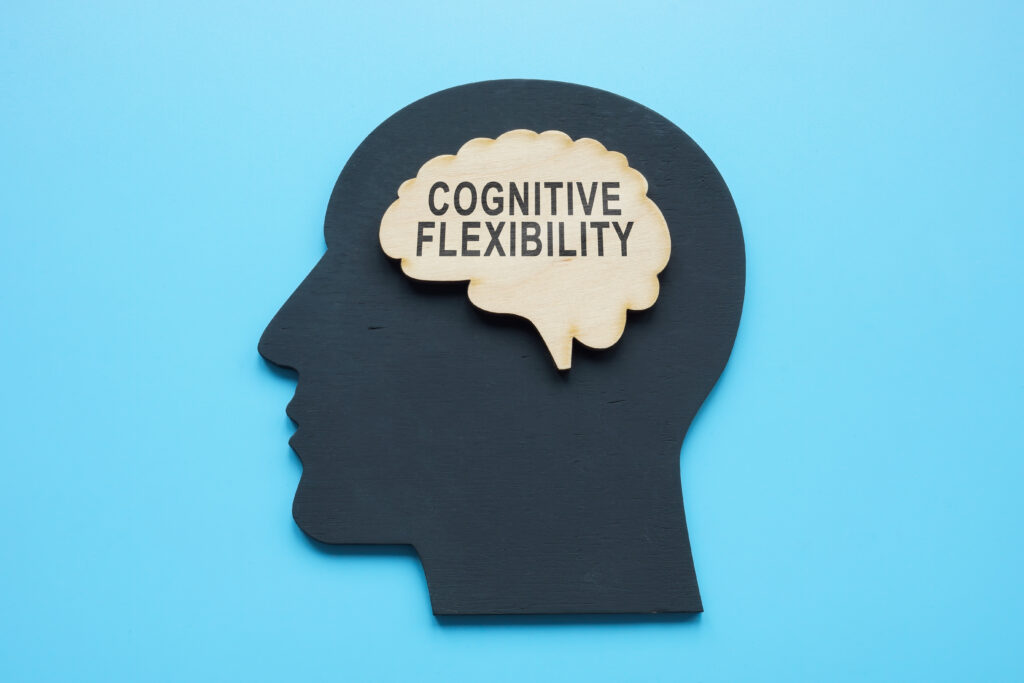Social cognition and social anxiety are interconnected psychological concepts that play a significant role in how individuals perceive, interact, and behave in social situations. While social cognition refers to the mental processes involved in understanding and interpreting social information, social anxiety is characterized by feelings of fear, discomfort, and self-consciousness in social situations.
Humans are inherently social beings, and our interactions with others shape our beliefs, attitudes, and behaviors. Social cognition refers to the way we process and make sense of social information, including the thoughts, emotions, and intentions of others. It involves complex mental processes, such as perception, attention, memory, and reasoning, to understand and respond to social cues.
Social cognition is crucial for successful social interactions as it helps us to navigate the complexities of social situations effectively. For instance, we use our understanding of others’ emotions to empathize with them and build meaningful relationships. Similarly, we rely on our ability to interpret nonverbal cues, such as body language and facial expressions, to make accurate judgments about others’ intentions and behaviors.
However, individuals with social anxiety often struggle with social cognition, leading to difficulties in interpreting social cues accurately. Social anxiety is a common mental health disorder characterized by persistent and excessive fear or anxiety in social situations. For these individuals, everyday situations like meeting new people, giving presentations, or attending social gatherings can trigger intense feelings of discomfort and self-consciousness.
People with social anxiety have heightened self-awareness and are often preoccupied with negative thoughts about how others perceive them. As a result, they may experience difficulty in accurately interpreting social cues and may misinterpret neutral or ambiguous cues as negative or threatening. For example, they may perceive a brief pause in conversation as disinterest or a neutral facial expression as judgmental.
This distorted thinking leads to avoidance behavior, where individuals with social anxiety tend to withdraw from social situations to avoid the discomfort and fear they experience. This avoidance can have a significant impact on their daily lives, leading to social isolation, difficulty in forming relationships, and low self-esteem.
Moreover, social anxiety can also affect an individual’s social cognition in the long run. Studies have shown that prolonged avoidance of social situations can lead to a decrease in social skills and an increase in negative self-image, further perpetuating the cycle of social anxiety.
Fortunately, social anxiety is a treatable condition, and there are various effective therapies available to help individuals manage their symptoms. Cognitive-behavioral therapy (CBT) is a widely used approach that focuses on challenging negative thoughts and beliefs and replacing them with more realistic and positive ones. Exposure therapy is another effective technique that involves gradually exposing individuals to feared social situations to desensitize them to their fears.
In addition to therapy, individuals with social anxiety can also benefit from building strong social support networks, practicing relaxation techniques, and adopting healthy lifestyle habits to manage their symptoms.
In conclusion, social cognition and social anxiety are closely linked concepts that influence how we perceive, interpret, and respond to social situations. While social cognition is essential for successful social interactions, social anxiety can significantly impact an individual’s ability to accurately interpret social cues. However, with proper treatment and support, individuals with social anxiety can learn to manage their symptoms and improve their social cognition, leading to a more fulfilling and meaningful social life.


